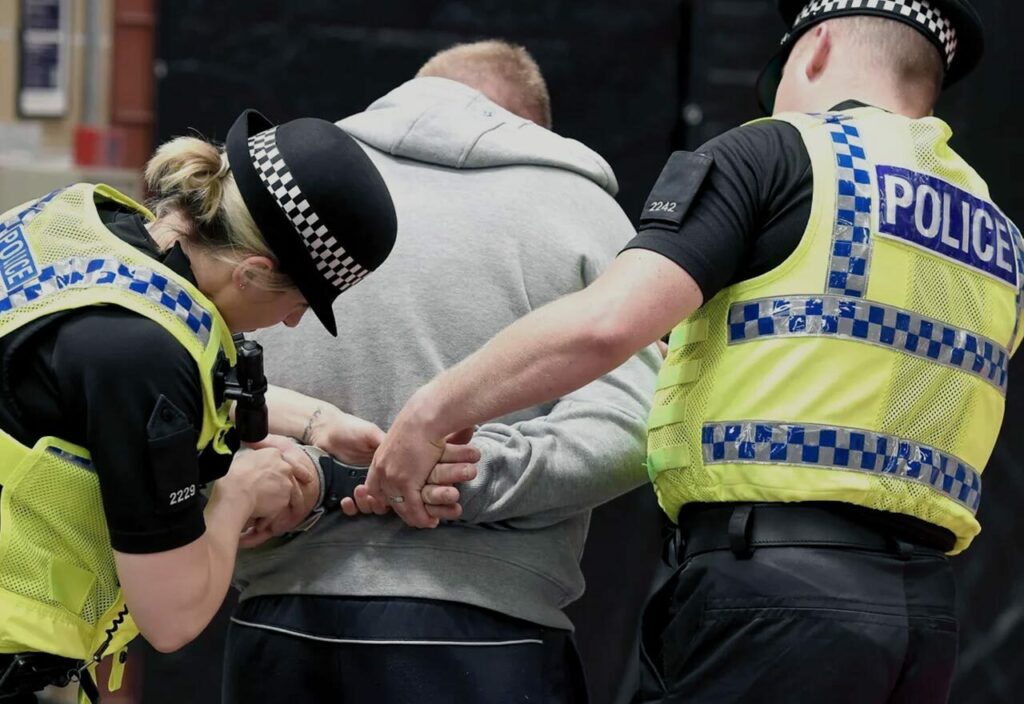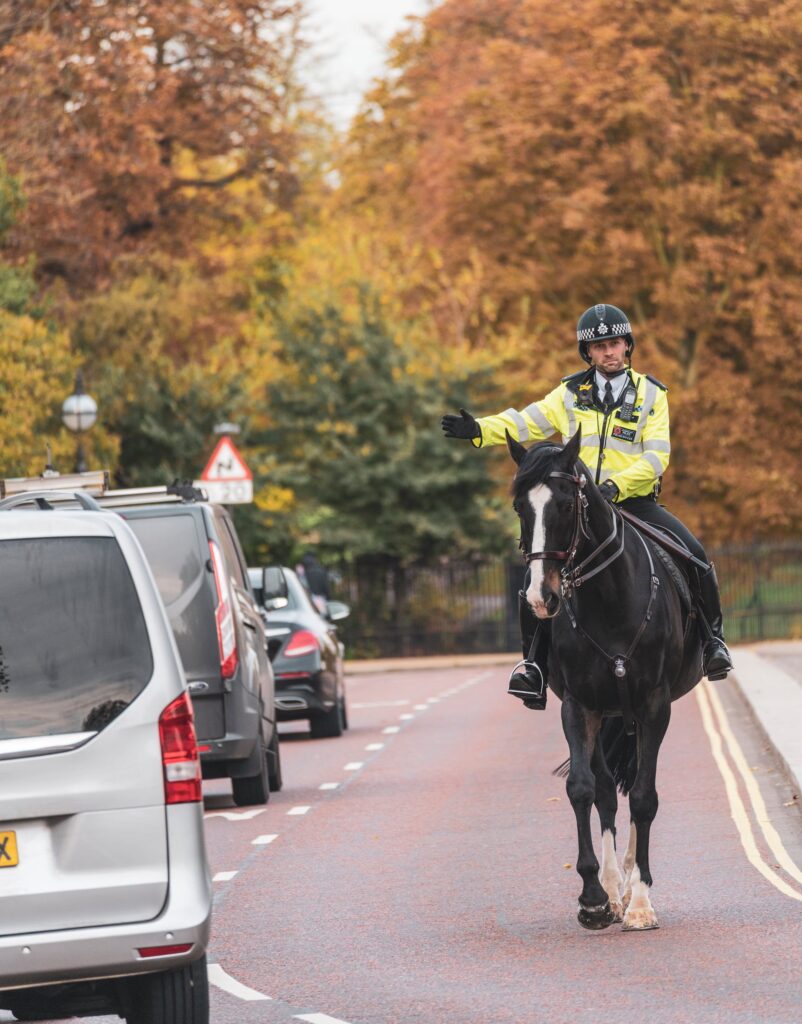Non Molestation Order
When someone is in an abusive relationship and they are worried about the safety of themselves and others, a person can apply to the courts for a non-molestation order. Whenever you feel like you’re in immediate danger, you should always contact the police, but non-molestation orders are there to ensure your safety and that of your children.
Request A Free Consultation
What Is A Non Molestation Order?
In the UK, a non-molestation order (NMO) is granted under Section 42 of the Family Law Act 1996 and is classified as a type of injunction. It can be applied for via the Family Court and is granted to prevent a partner or a former partner from causing harm to someone or their children.
This harm includes more than physical abuse; threats, controlling behaviour, financial abuse, psychological abuse, intimidation, and harassment are also classed as harm. A non-molestation order can be served to various individuals, including a civil partner, spouse, or fiancé. It can also include family members, somebody you live or used to live with, or parents of your children.


How Long Do Non Molestation Orders Last?
These injunctions can last between six and 12 months depending on the circumstances but can also last longer depending on the individual situation and the court’s decision. It’s also possible to extend the order if you still feel in danger.
These orders are very serious and can result in severe consequences if broken. Breaching an order can result in up to five years in prison, guaranteeing the individual applying for a non-molestation order feels much safer.
What Evidence Do You Need For A Non Molestation Order?
To obtain non-molestation orders, it is essential to compile compelling evidence, which can come in various forms, including, but not limited to, the following:
- Social media posts, emails, text messages, or other communications containing threats of violence or abusive language.
- Visual evidence of any abuse or harassment, including CCTV or mobile phone footage.
- Medical records about any injuries or illnesses resulting from the abuse.
- Witness statements from individuals who have seen harassment or abuse.
- Police reports and detailed information about the nature and extent of the abuse or harassment, such as any threats or violent acts.


Can the Police Serve a Non-Molestation Order?
If the order is breached by the perpetrator, it becomes a criminal offence, so the police can arrest the perpetrator, and the non-molestation order is made in respect of the victim, allowing the police to take action upon its breach.
How Long Does Applying for Non-Molestation Orders Take?
Depending on the time it takes to get a court hearing and how much evidence you have at the time, it can take a few weeks before considering the non-molestation order. However, if someone finds themselves in immediate danger, they can make an emergency application to the courts on the same day without the partner needing to be there, giving the person protection by the terms of the order, which is valid once the partner has been “served.”
Let Us Help
Applying for non-molestation orders is a major decision and can be intimidating, overwhelming, and frightening. We are here to help you through the process and to gather all of the information to get the protection you deserve.


